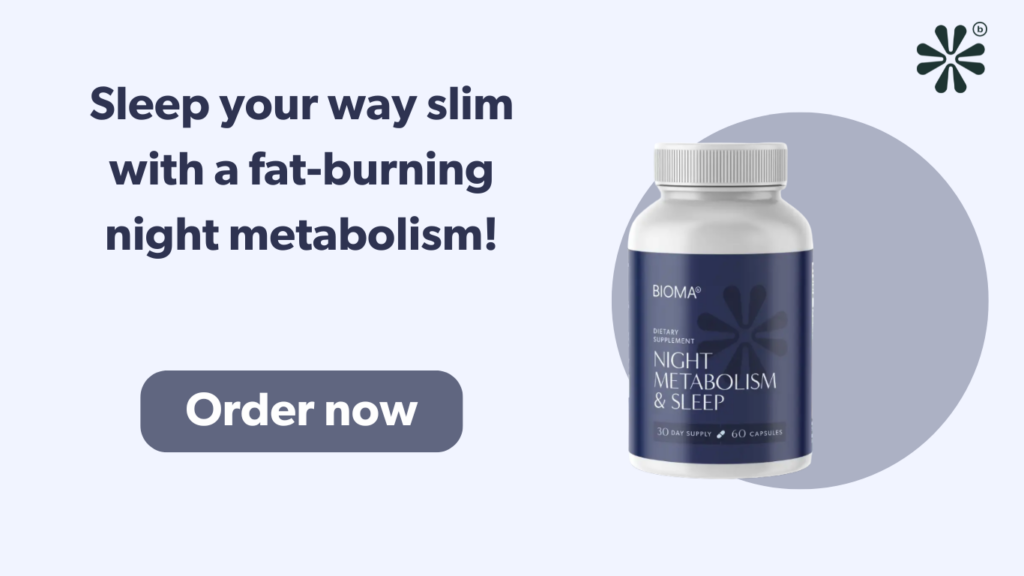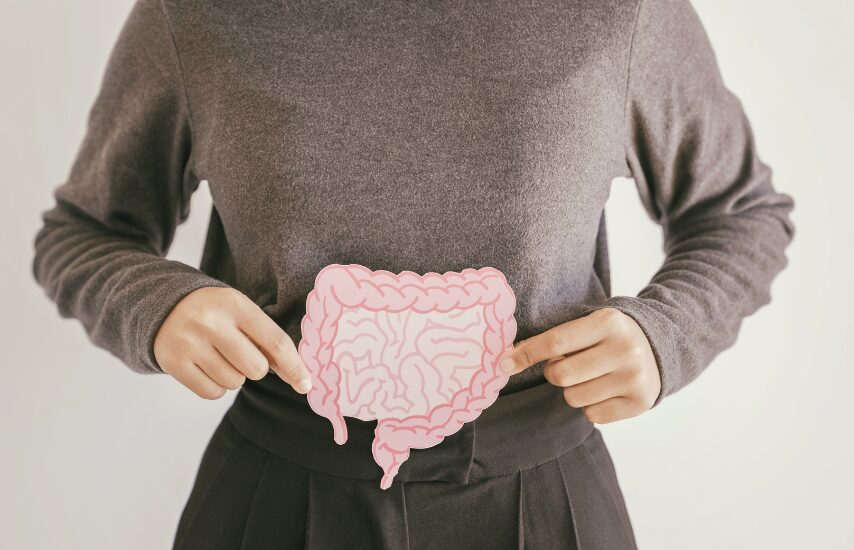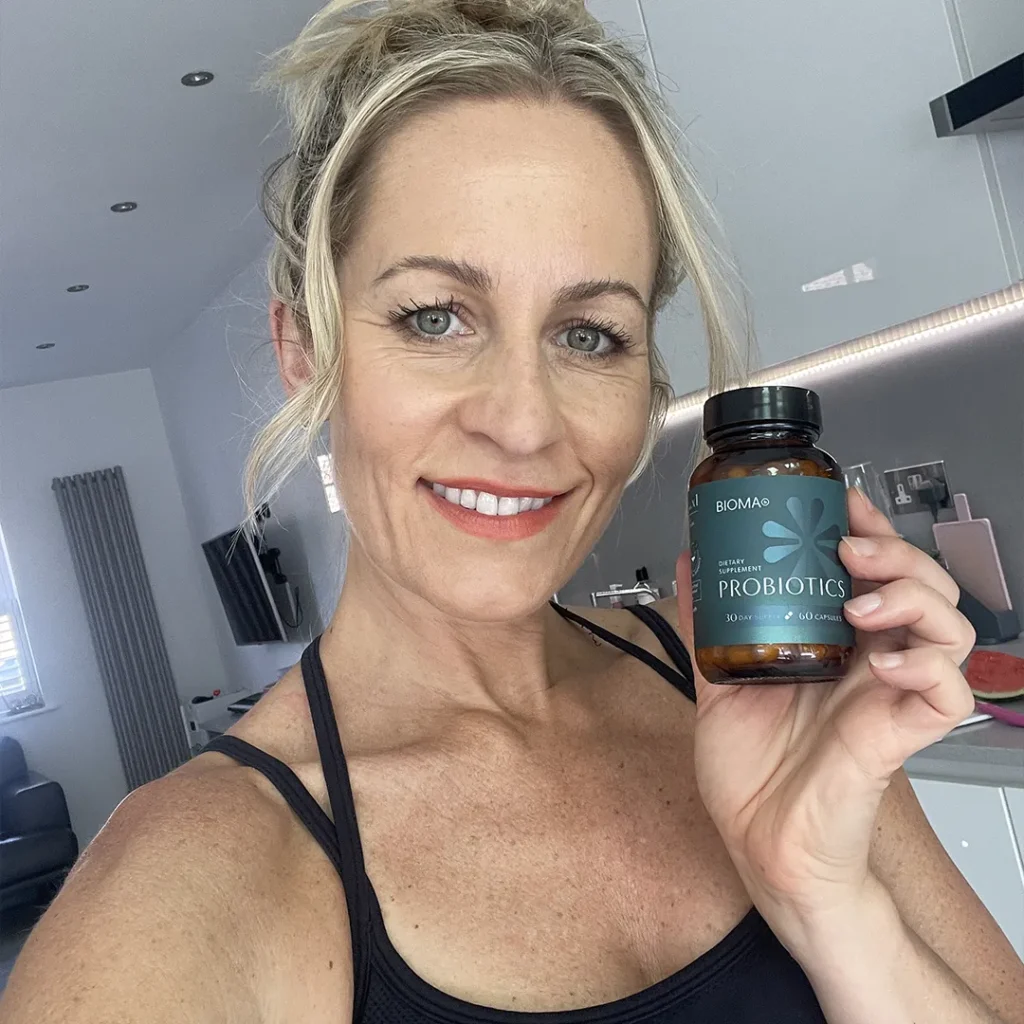The 5 Best Probiotics for Sleep

Understanding the Gut-Brain-Sleep Connection
The relationship between gut health and sleep is gaining scientific attention. The gut-brain axis plays a crucial role in regulating neurotransmitters like serotonin, which influences sleep-wake cycles. Probiotics and prebiotics can help restore gut microbiota balance, leading to better sleep quality and reduced insomnia symptoms.
How Gut Health Affects Sleep
- Dysbiosis (gut bacteria imbalance) can contribute to poor sleep and increased stress.
- The gut produces intestinal serotonin, which is a precursor to melatonin, the hormone responsible for sleep regulation.
- Poor gut health can lead to chronic inflammation, impacting sleep patterns and increasing the risk of insomnia.

The Best Probiotic Strains for Sleep
Certain probiotic strains have been linked to improved sleep quality and relaxation:
- Bifidobacterium adolescentis NK98 – Supports serotonin transportation and reduces sleep disturbances.
- Bifidobacterium longum Rosell-175 – Aids in reducing stress and improving REM sleep rebound.
- Lactobacillus acidophilus Rosell-52 – Supports gut-brain axis function and promotes relaxation.
- Lactobacillus reuteri NK33 – Enhances GABA production, helping reduce anxiety and improve sleep quality.
- Lactobacillus helveticus R0052 – Decreases cortisol levels and enhances deep sleep cycles.
The Best Probiotics for Sleep: Top 5 Picks
1. Bioma Probiotic – Best Overall for Sleep & Metabolism
Night Metabolism & Sleep Probiotics is a science-backed probiotic supplement designed to enhance sleep quality while supporting metabolism. It contains sleep-promoting strains like Lactobacillus reuteri NK33 and Bifidobacterium longum Rosell-175, both of which aid in stress reduction and serotonin balance.
Why Bioma Probiotics?
- Supports serotonin production for better melatonin regulation
- Enhances gut microbiome balance to reduce inflammation
- Improves sleep-wake cycle regulation through psychobiotics
- Aids in relaxation and deep sleep quality

2. Optibac Probiotics Every Day
Optibac is a well-known probiotic brand offering a blend of gut-friendly bacteria and prebiotic fibers. Their Every Day formula contains Lactobacillus acidophilus Rosell-52, which has been shown to support the gut-brain axis and sleep regulation.
3. Garden of Life Dr. Formulated Probiotics
This formula includes Bifidobacterium longum and Lactobacillus strains, supporting intestinal serotonin production and reducing stress-related sleep issues.
4. Culturelle Daily Probiotic
Culturelle contains Lactobacillus GG, a well-researched strain that helps with digestion, gut health, and sleep quality by regulating stress-induced gut disturbances.
5. Renew Life Ultimate Flora Probiotic
This high-potency probiotic includes Bifidobacterium lactis, known for improving gut microbiota diversity and aiding in metabolic balance, which can influence sleep cycles.
How Prebiotics and Probiotics Improve Sleep
1. Regulating Neurotransmitters
- Serotonin and melatonin production is influenced by the gut microbiome.
- Probiotics help maintain gut bacteria that produce serotonin, which later converts to melatonin.
2. Reducing Inflammation
- Chronic inflammation can impact sleep quality and contribute to conditions like insomnia.
- Probiotic supplementation helps reduce gut inflammation and restore a balanced microbiome.
3. Improving Gut-Brain Axis Communication
- The vagus nerve connects the gut and brain, influencing emotional well-being and sleep.
- Psychobiotics (probiotics that benefit mental health) help modulate GABA and serotonin production for better sleep.
4. Enhancing Stress & Anxiety Management
- Probiotics like Lactobacillus helveticus R0052 have been shown to lower cortisol levels, helping manage stress and improve sleep.
- Bifidobacterium longum R0175 aids in GABA production, reducing anxiety-related sleep disturbances.

Prebiotics and Sleep: The Hidden Link
- Prebiotic fibers serve as food for probiotics, enhancing their effects.
- Prebiotic supplementation can improve REM sleep cycles and gut microbiome diversity.
- Fermented foods like kefir, yogurt, and kombucha naturally provide prebiotics and probiotics.
How to Take Probiotics for Better Sleep
- Take probiotics at night to support melatonin production and maximize gut health benefits.
- Pair probiotics with prebiotic-rich foods to fuel beneficial gut bacteria.
- Avoid heavy meals before bedtime, as gut distress can disrupt sleep quality.
- Stay hydrated, as gut bacteria function better with proper hydration.
Risks and Side Effects of Probiotics
While probiotics are generally safe, some people may experience temporary bloating, gas, or mild digestive discomfort when starting supplementation. Individuals with compromised immune systems should consult a healthcare provider before using probiotics.
Conclusion: The Best Probiotic for Sleep
If you’re struggling with sleep issues, probiotics can help by improving gut health, reducing stress, and balancing neurotransmitter levels. By integrating probiotics into your routine, you can optimize gut health, enhance sleep quality, and wake up feeling refreshed and rejuvenated!
Related articles






